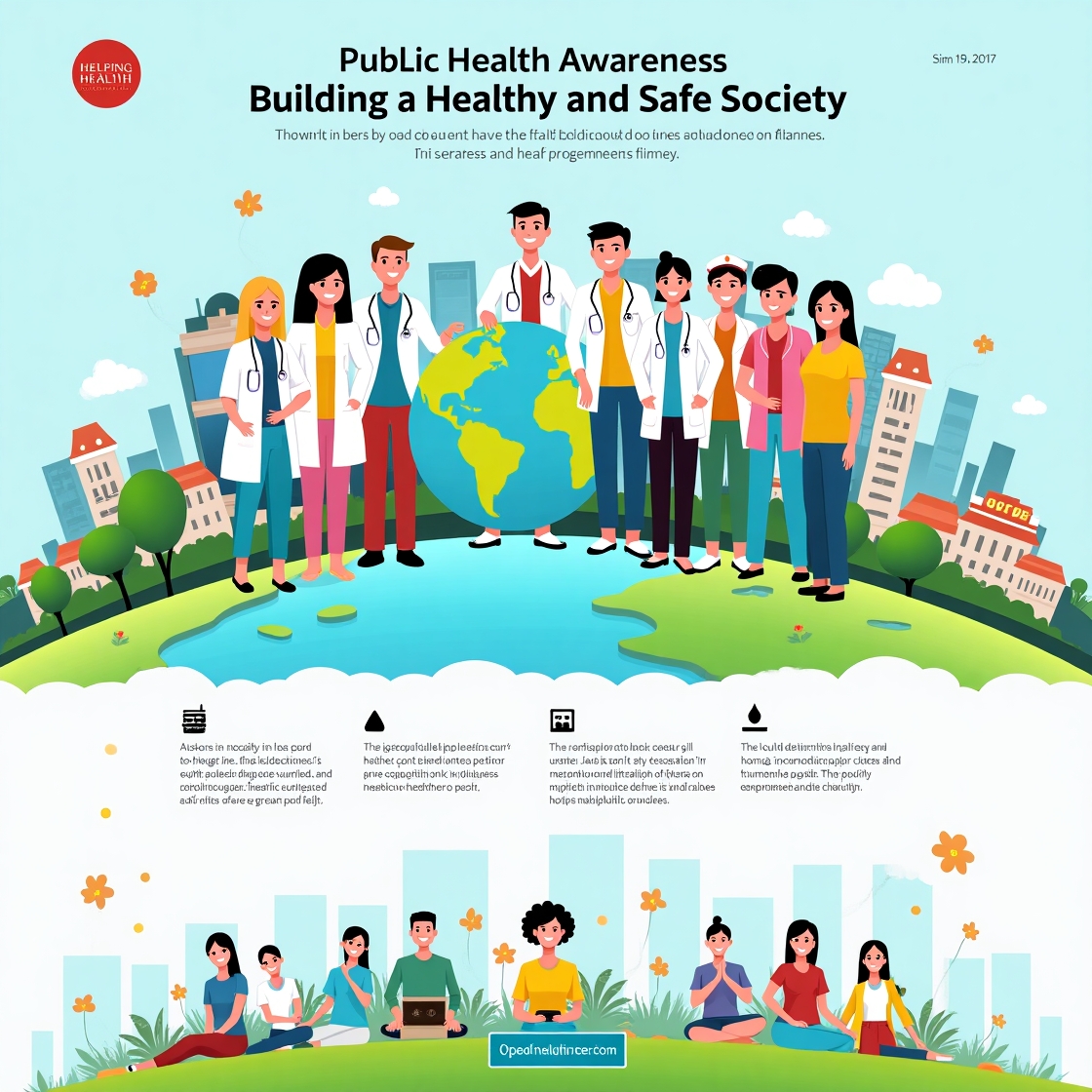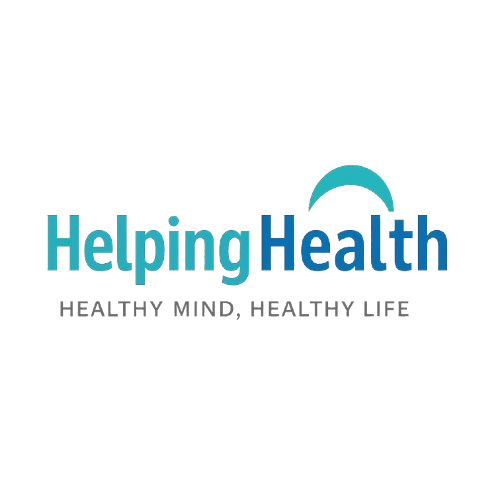
Public Health Awareness Building a Healthy and Safe Society
Public Health Awareness is the foundation of a healthy society. By promoting health education, preventive care, hygiene, nutrition, and mental well-being, communities can reduce the risk of both communicable and non-communicable diseases. Learn how awareness campaigns and health programs can improve lifestyles, strengthen communities, and create safer societies.
Introduction
Pu
blic Health Awareness is not just about individual health—it’s about ensuring the overall well-being of entire communities. In today’s fast-paced world, lifestyle diseases, environmental challenges, and global pandemics have shown us the importance of collective health consciousness.
Countries like Bangladesh and other developing nations face rising health challenges due to a lack of awareness, poor hygiene, malnutrition, and neglect of mental health. To overcome these issues, spreading awareness and adopting preventive measures are essential.
What is Public Health Awareness and Why is it Important?
Public Health Awareness means educating people about healthy practices, preventive care, nutrition, hygiene, and mental well-being to reduce disease risks and improve quality of life.
Why is it important?
-
Prevents communicable diseases like COVID-19, dengue, flu, and diarrhea.
-
Helps control non-communicable diseases such as diabetes, hypertension, and cancer.
-
Improves mental health awareness, reducing anxiety, depression, and stress.
-
Encourages healthier lifestyles, boosting productivity and community harmony.
-
Builds resilience against pandemics and health crises.
Key Areas of Public Health Awareness
1) Preventive Health Care
As the saying goes: “Prevention is better than cure.” Preventive healthcare focuses on reducing risks before illnesses occur.
-
Regular health check-ups help identify problems early.
-
Vaccination programs protect children and adults from deadly diseases.
-
Lifestyle changes such as balanced diets and exercise prevent chronic conditions.
2) Hygiene and Sanitation
Hygiene is one of the cornerstones of public health.
-
Handwashing with soap prevents infections.
-
Drinking safe and clean water reduces diarrhea and waterborne diseases.
-
Proper sanitation and waste management prevent environmental contamination.
3) Nutrition and Diet Awareness
A balanced diet is key to health and longevity.
-
Eating nutrient-rich foods helps maintain strong immunity.
-
Reducing junk food prevents obesity and lifestyle-related diseases.
-
Community-level nutrition programs can help fight malnutrition in children and mothers.
4) Mental Health Awareness
Mental health is often ignored but is as important as physical health.
-
Stress management practices such as yoga and meditation improve mental balance.
-
Counseling and awareness about anxiety and depression reduce stigma.
-
Mindfulness techniques help people cope with daily challenges.
5) Community Health Campaigns
Community involvement is crucial for spreading awareness.
-
Local health seminars and workshops educate people at the grassroots level.
-
Digital campaigns through blogs, social media, and online courses spread knowledge faster.
-
School and workplace health programs shape lifelong habits.
Public Health Awareness in Developing Nations
In Bangladesh and many other developing countries, several initiatives already exist:
-
Expanded Program on Immunization (EPI): Raising vaccination awareness.
-
Family Planning Campaigns: Educating people about reproductive health.
-
COVID-19 Awareness Programs: Promoting masks, sanitization, and vaccines.
-
NGO Health Campaigns: Bringing health education to rural areas.
However, challenges like lack of mental health education, poor sanitation, and unhealthy diets remain. Digital health campaigns, blogs, and awareness programs can help bridge this gap.
How to Improve Public Health Awareness
-
Digital Health Campaigns
Blogs, YouTube videos, and social media posts can spread accurate health knowledge quickly. -
School Health Programs
Teaching children about nutrition, hygiene, and exercise from an early age builds lifelong habits. -
Community Seminars
Organizing workshops at rural and urban levels can increase awareness among adults. -
Workplace Wellness Programs
Employers can arrange mental health sessions, medical check-ups, and awareness training. -
Mobile Health Applications
Apps that provide diet plans, vaccine reminders, and health tips can help individuals manage health better.
Conclusion
Public Health Awareness is not just about fighting diseases—it’s about building healthier societies. From preventing epidemics to promoting mental wellness, public health education plays a central role in improving lives.
If communities embrace awareness about hygiene, preventive care, nutrition, and mental health, we can create a world that is not only healthier but also safer and more resilient against future challenges.
???? The time to act is now: Be aware, stay healthy, and inspire your community to do the same.
